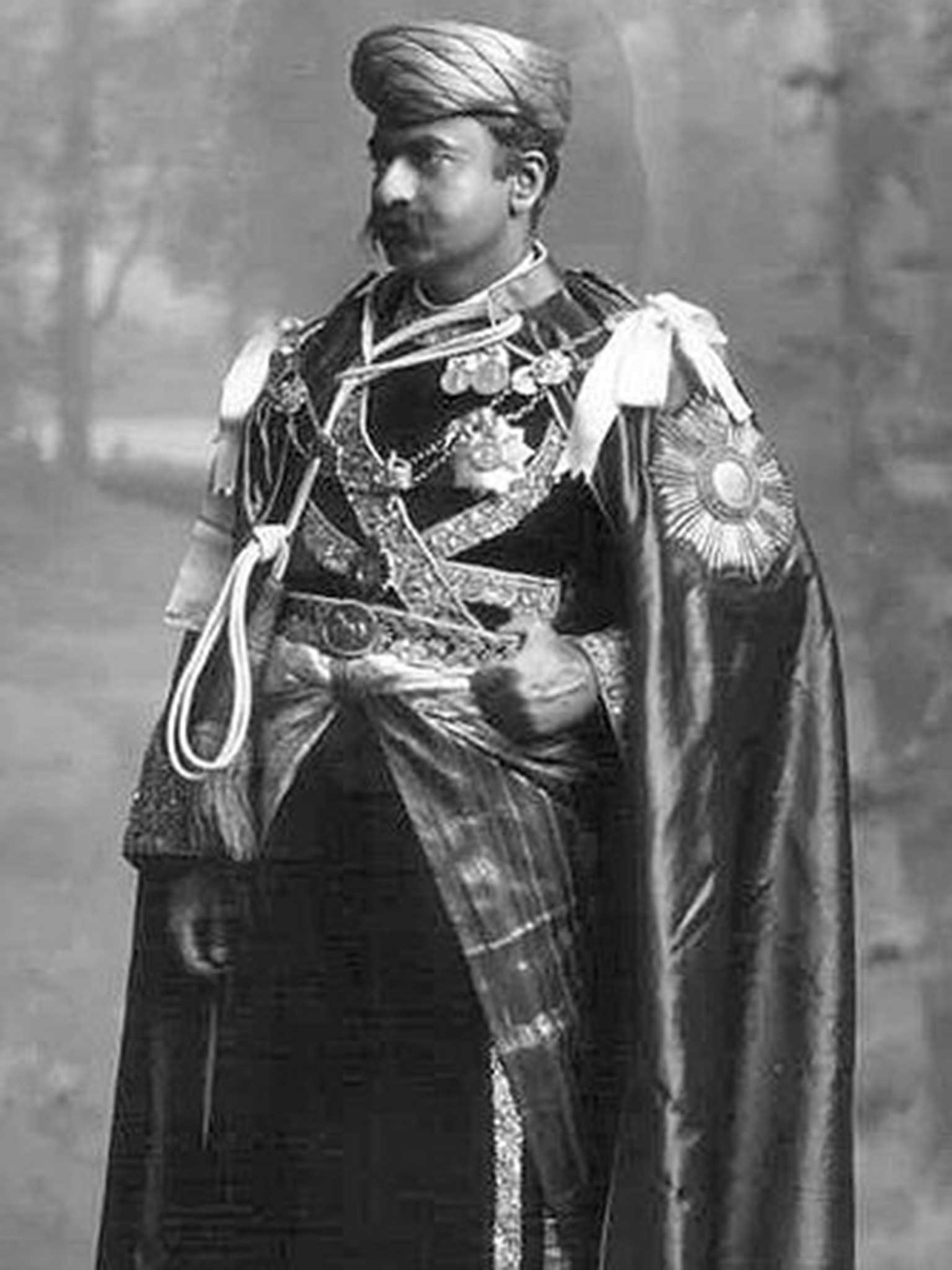Queen Elizabeth II to become Britain's longest reigning monarch: Longest serving rulers ever
Longest serving ruler in history was Swaziland's King Sohuza
Your support helps us to tell the story
From reproductive rights to climate change to Big Tech, The Independent is on the ground when the story is developing. Whether it's investigating the financials of Elon Musk's pro-Trump PAC or producing our latest documentary, 'The A Word', which shines a light on the American women fighting for reproductive rights, we know how important it is to parse out the facts from the messaging.
At such a critical moment in US history, we need reporters on the ground. Your donation allows us to keep sending journalists to speak to both sides of the story.
The Independent is trusted by Americans across the entire political spectrum. And unlike many other quality news outlets, we choose not to lock Americans out of our reporting and analysis with paywalls. We believe quality journalism should be available to everyone, paid for by those who can afford it.
Your support makes all the difference.Queen Elizabeth II is expected to become the longest serving British monarch on 9 September.
When she reaches this date, the Queen will have reigned for longer than her great-great grandmother Queen Victoria, who sat on the throne for 63 years and 216 days.
Although impressive, both monarchs are roughly twenty years off from competing with the longest serving rulers of all time.
1. King Sohuza, of Swaziland: 82 years and 254 days (10 December 1899 to 21 August 1982)
The king – who incidentally had 70 wives and 210 children in the course of his reign – become ruler of the African nation aged only four-months-old after his father died unexpectedly while dancing.
2. Bernard VII, of Lippe: 81 years, 234 days (1429 to 2 April 1511)
The longest serving European ruler, the king of Lippe (a small historical state in Germany, part of the Holy Roman empire) was nicknamed the “Bellicose” for his attitude towards his neighbours.
3. William IV, of Henneberg-Schleusingen: 78 years, 243 days (26 May 1480 to 24 January 1559)
Inherited the throne when he was five. William’s territory was (again) part of the Holy Roman Empire.
4. Heinrich XI, of Greiz: 77 years, 103 days (17 March 1723 to 17 March 1723)
5. Idris ibni Muhammad al-Qadri, of Tunku Besar of Tampin (Malaysia): 76 years, 239 days (31 May 1929 to 26 December 2005)
There is a small difficulty around establishing al-Qadri’s reign over the small region in Malaysia. His rule appears to have been briefly interrupted in during May 1929, but resumed in June.
6. Christian Augustus, of Sulzbach: 75 years, 253 days (14 August 1632 to 14 August 1632)
Augustus appears to have been a relatively benevolent ruler, allowing his subjects to freely choose their religion and promoting his capital as a centre of intellectual learning and printing. Again, part of the Holy Roman Empire.
7. Mudhoji IV Rao Naik Nimbalkar, of Phaltan state India: 75 years, 253 days (7 December 1841 to 17 October 1916)
8. Bhagvatsingh Sahib, of Gondal state , India: 74 years, 87 days (14 December 1869 to 10 March 1944)

A hugely enlightened man, Bhagvatsingh was highly educated, earning a medical degree at Edinburgh university. He implanted free education (to men and women) through to university across his nation and championed women’s rights. His reforms included abolishing the purdah system and removed ‘women’s wings’ in his palaces. He is remembered as one of the most progressive rulers in India’s history.
9. Georg Wilhelm, of Schaumburg-Lippe: 73 years, 282 days (13 February 1787 to 21 November 1860)
10. Karl Friedrich, of Baden: 73 years, 29 days (12 May 1738 to 10 June 1811)
Again, a relatively enlightened ruler for the day: he abolished torture and serfdom, and was perceived as an advocate for higher education.
Join our commenting forum
Join thought-provoking conversations, follow other Independent readers and see their replies
Comments